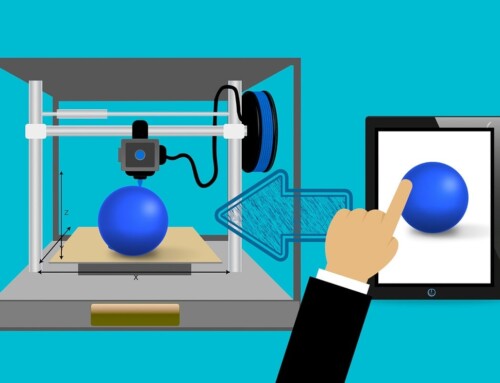On April 9, 2024, the China Electronics Standardization Institute (CESI) organized a seminar for the standards on product category rules (PCR) regarding carbon footprint for electrical and electronic products (hereinafter referred to as “EEPs”).
The scope of this professional standard seminar targets key EEPs, including but not limited to: photovoltaic modules, computers, printers and multifunctional all-in-one machines, speakers, uninterruptible power supplies, servers, drones, storage devices, scanners. The seminar was attended by more than 40 representatives from EEP manufacturers, including Huawei, Hisense, BOE, OPPO, and Inspur.
The representative from CESI’s Green Development Research Center introduced the overall requirements, working procedures, and technical plans for formulating standards related to product carbon footprint accounting rules in the field of industry and information technology. A comprehensive overview of the background, significance, framework, technical content, work schedule, basic database and accounting software of 20 approved PCR standards in the field of electronic and electrical appliances was also provided. The attendees conducted in-depth exchanges and discussions on the scope of application of the standards, covering industrial chain links, applied product categories, data traceability, technology framework, and subsequent promotion and application requirements.
The key outcome of the seminar was to determine the template for the preparation of the product carbon footprint PCR standard. An agreement was also reached on aligning several technical items, including product carbon footprint accounting methods and principles for data quality control. Finally, the selection and rating methods of carbon emission factors, as well as the overall framework of product carbon footprint reporting, were clarified.
In the coming months, CESI will continue carrying out research and engage relevant stakeholders on the topic. The goal is to further deepen coordination in the upstream and downstream supply chain, and optimize carbon footprint standards via effective measures such as trial accounting.




